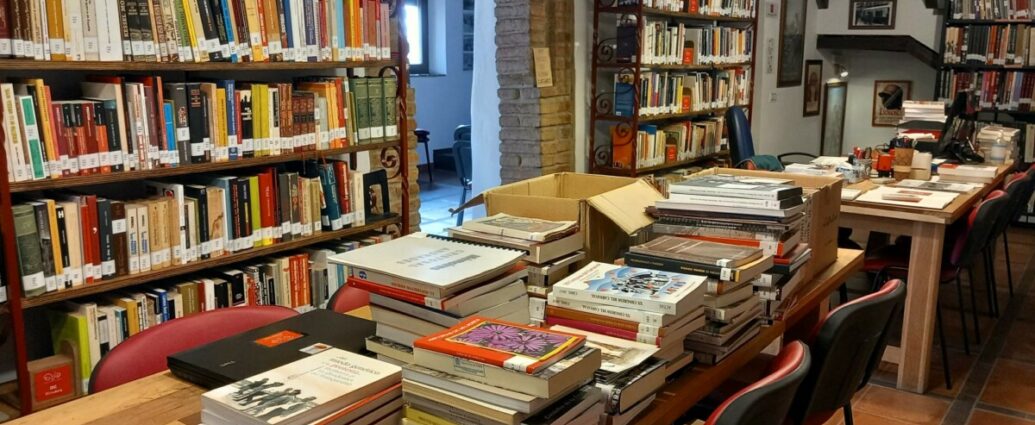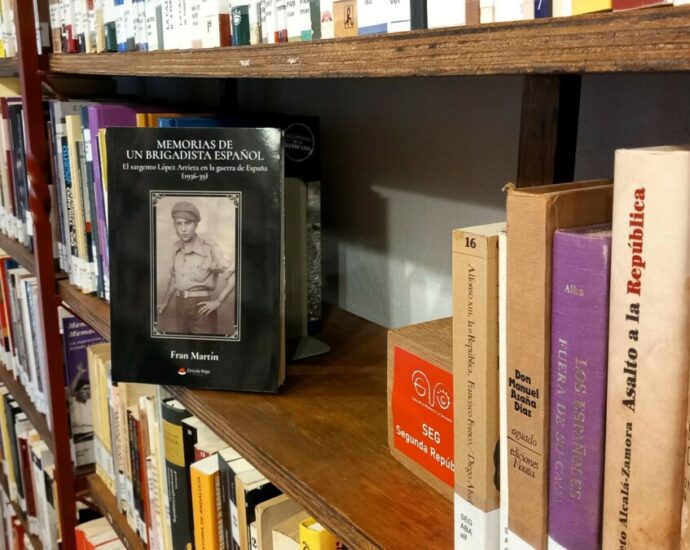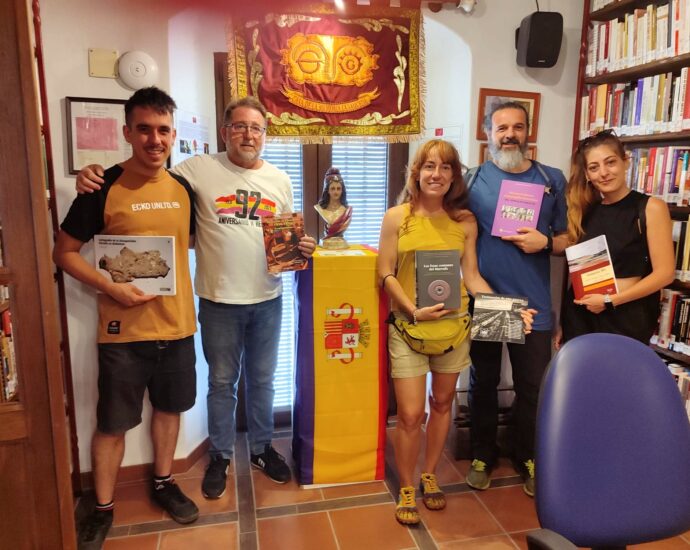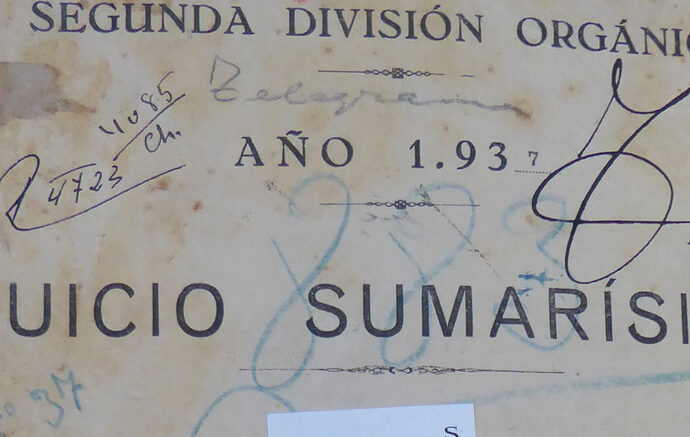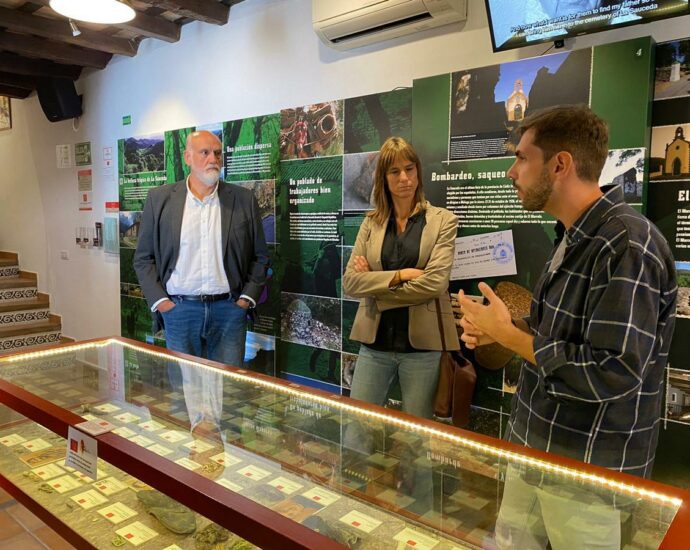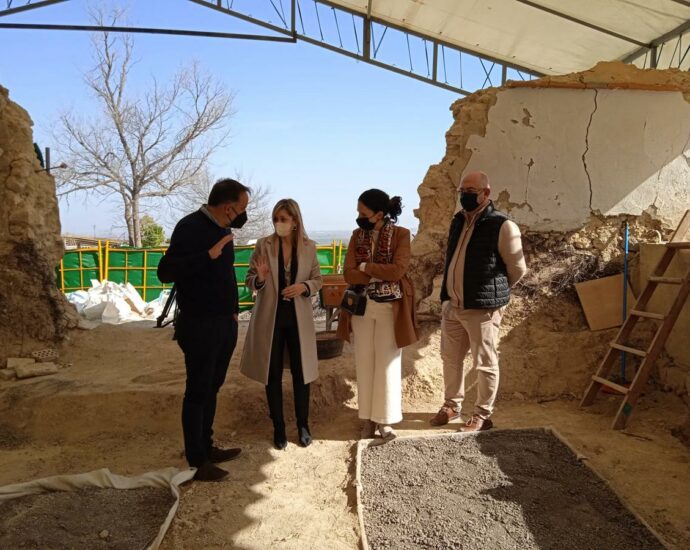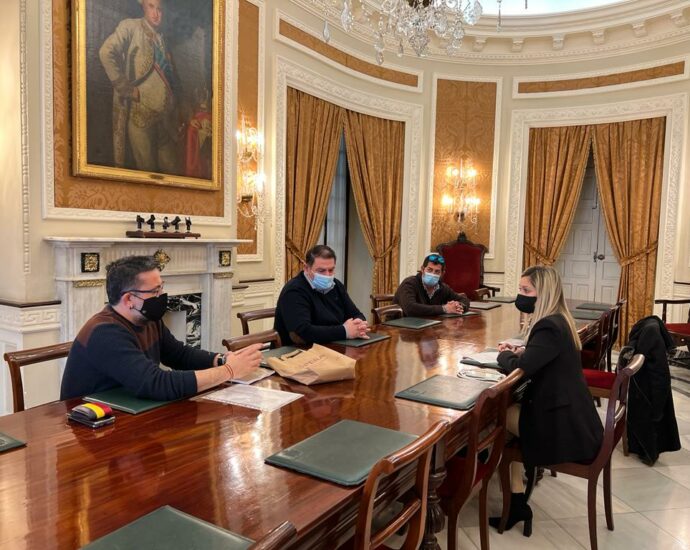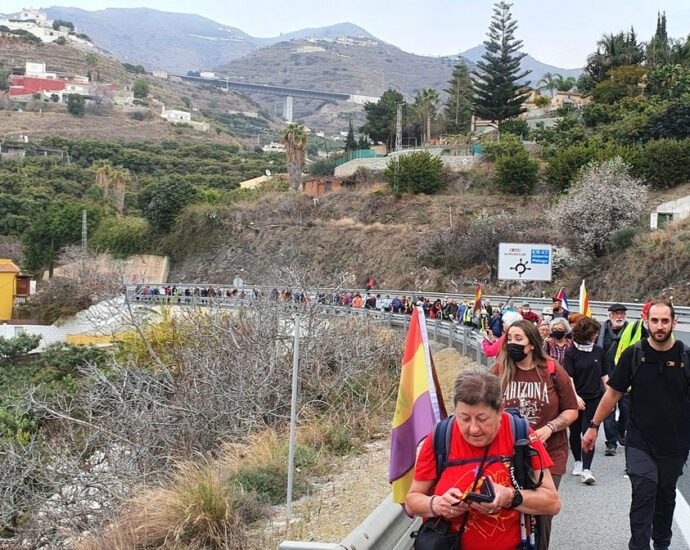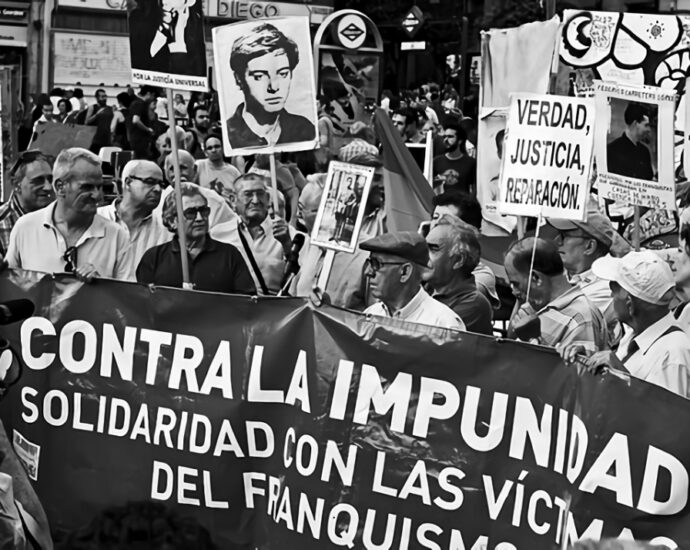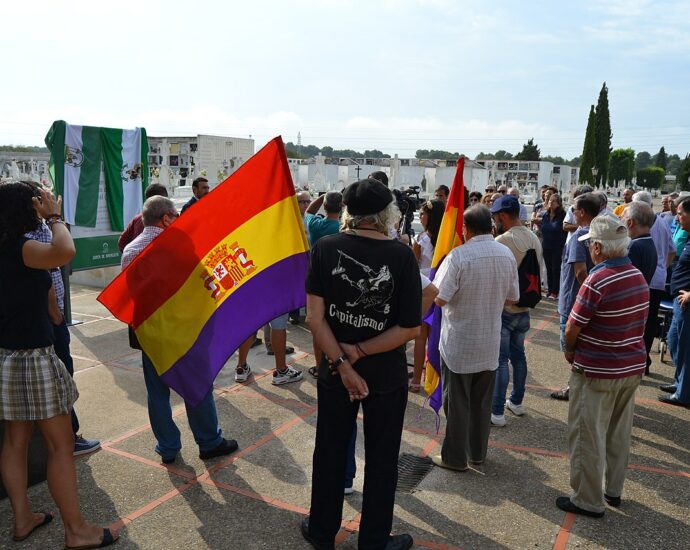Hundreds more books for the Casa de la Memoria
Thanks to an agreement with the Cádiz provincial council’s Historical and Democratic Memory Department, which is run by vice-president Javier Vidal, hundreds of books relating to Historical Memory which had been in storage are now at the Casa de la Memoria and have been sorted and classified by our librarian,Seguir leyendo…

